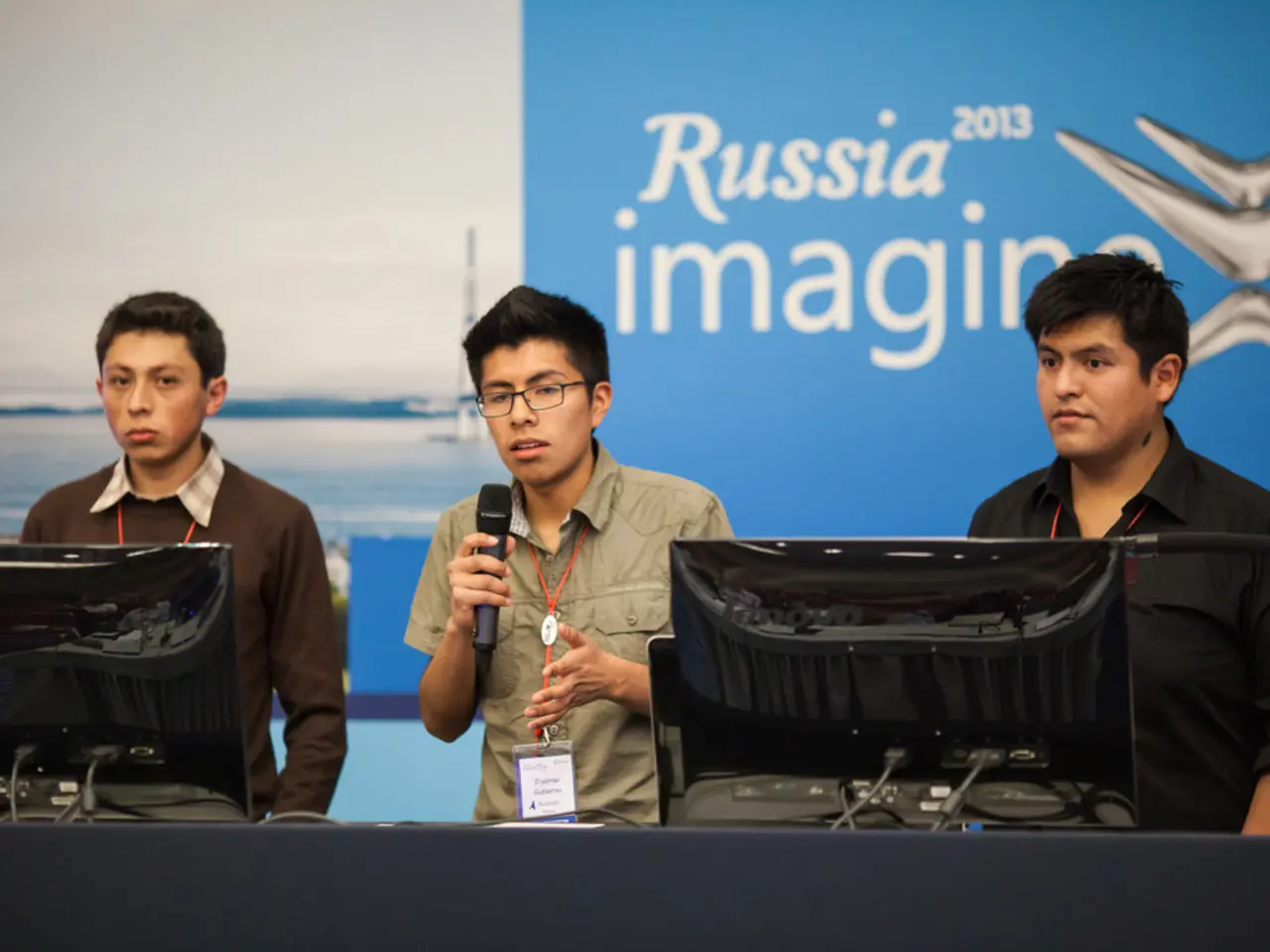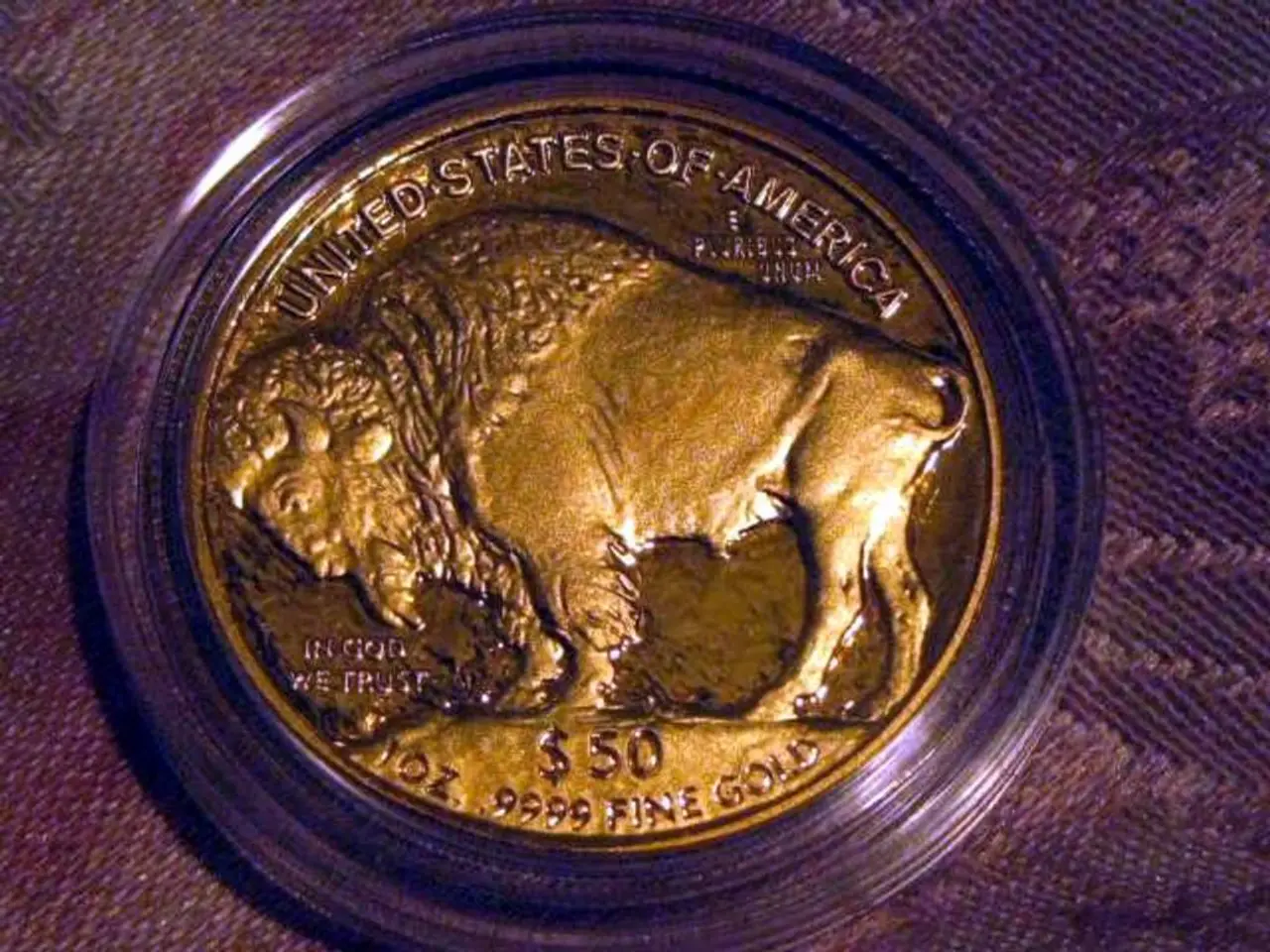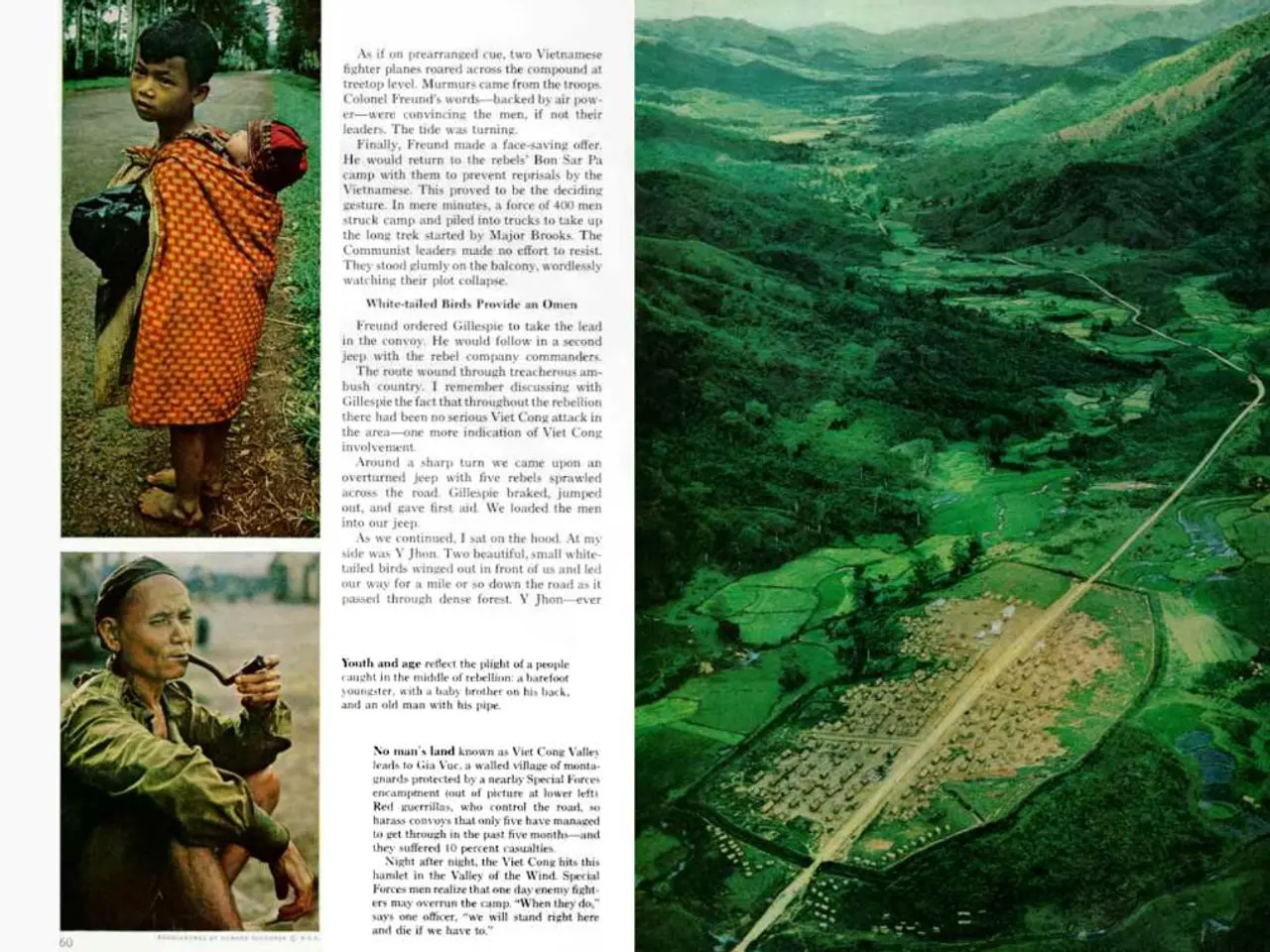Russian and Chinese Interference in Romania: Interview with Anca Cernea Examines Influence
In a shocking turn of events, Romania's Constitutional Court has annulled the results of the first round of the presidential election due to intelligence reports linking the rise in popularity of candidate Călin Georgescu to foreign-backed social media manipulation, primarily on the platform TikTok.
The court's decision, which was controversial due to the lack of publicly available, legally admissible evidence, claimed that the campaign violated Romanian election laws and was orchestrated by Russia to influence the vote towards Georgescu, who had expressed nationalist, eurosceptic, and pro-Russian sentiments.
Georgescu, a public figure with a controversial past, has been arrested on vaguely defined criminal charges, including accusations related to undermining the constitutional order and spreading false information. Following his arrest, the European Commission has requested TikTok to preserve internal data related to its recommendation system to investigate the alleged manipulation.
The evidence for Russian interference primarily revolves around a coordinated social media campaign using TikTok bots. Romanian intelligence reportedly identified Russia as the foreign actor behind tens of thousands of TikTok accounts that artificially boosted Georgescu’s candidacy, propelling him from obscurity to frontrunner status in the November 2024 presidential election first round.
The Russians had carefully studied the psychological and sociological trends in Romanian public and shaped Georgescu's campaign in ways meant to respond to all these aspirations, frustrations, conflicts, and interests. TikTok, controlled by the Chinese government, allowed the campaign to run, with Georgescu relying on tens of thousands of Chinese accounts created years ago to amplify his videos.
Critics argue that a man who relies on his country's enemies to be brought to power and will later have to return their favours and serve their interests is not a patriot. Georgescu's past is questionable, with connections to the darkest remains of the communist regime and a regret for the collapse of the dictatorship. He has expressed that "Everything that happened in 1989, I tell you plainly, was just an action, namely a coup d'état, for the West to plunder the resources and turn the population into slaves."
The annulment of the election results and the subsequent legal and political moves have further complicated the political environment in Romania. There is a lack of a coherent political expression in the country that would be freedom-oriented, Christian, patriotic, and solidly attached to the West.
The bipartisan commission of American senators has issued a statement about the attack against Romania's Presidential elections, indicating the real perpetrators in very clear terms: Vladimir Putin and the Russian government. The opaque TikTok algorithms can be used to support pro-Chinese or pro-Russian candidates not only in Romania but anywhere else, including Poland.
This incident highlights a process of political dumbing-down occurring, leading to American conservatives misunderstanding events in Europe. The Russians are trying to "dialectically" use both wings of the political spectrum according to the scissors strategy, while making sure no normal conservatism is allowed to become visible.
In today's world, some people who were anti-communists forty years ago are indistinguishable from Russian stooges, with Tucker Carlson being an example. The more or less informal but still influential networks inherited from the communist regime are the origin of the greatest corruption schemes and most important organized crime groups we have been seeing after 1989, not only in Romania but throughout Eastern Europe.
This article serves as a reminder of the importance of staying vigilant against foreign interference in elections and the need for transparency in political processes. The fraudulent campaign on social media, supported by Russia and China, carefully hid Georgescu's real face from the public, both inside and outside Romania. The public must remain informed and critical to ensure the integrity of democratic processes.
- The annulled presidential election results in Romania have sparked discussions about foreign-backed social media manipulation, specifically on TikTok, a platform allegedly used by Russia to influence votes towards Călin Georgescu.
- The Russian government is under scrutiny for orchestrating a social media campaign on TikTok, boosting Georgescu's candidacy artificially, as claimed by Romanian intelligence reports.
- The historic decision by Romania's Constitutional Court has raised questions on the role of social media in warfare, with TikTok, controlled by the Chinese government, being at the center of the controversy.
- In the aftermath of the election, the arrest of Georgescu, a politically controversial figure with a checkered past, has cast a shadow over Romania's political landscape, particularly in light of his ties to Russia and China.
- To further investigate these allegations of manipulation, the European Commission has requested TikTok to preserve internal data related to its recommendation system.
- The strategy employed by Russia is not new; it involves leveraging social media to subvert democratic processes, as seen in the deep dive into Romania's political history and the rise of Georgescu's campaign.
- Critics argue that a candidate backed by foreign powers, particularly enemies like Russia, cannot be trusted to uphold the interests of their own country, raising questions about Georgescu's patriotism.
- The complex political scenario in Romania came to light during the first round of the 2024 presidential election, highlighting the need for strong, freedom-oriented, and Western-aligned political expressions in the country.
- The incident in Romania serves as a lesson for the global community, emphasizing the importance of vigilance against foreign interference in elections and the need for transparency in political processes.
- This episode encapsulates a broader trend in global politics, where foreign powers like Russia and China exploit social media platforms for propaganda, disinformation, and political subversion, aiming to dictate the narrative in 'general-news', 'politics', and even 'crime-and-justice' and 'sports'.




